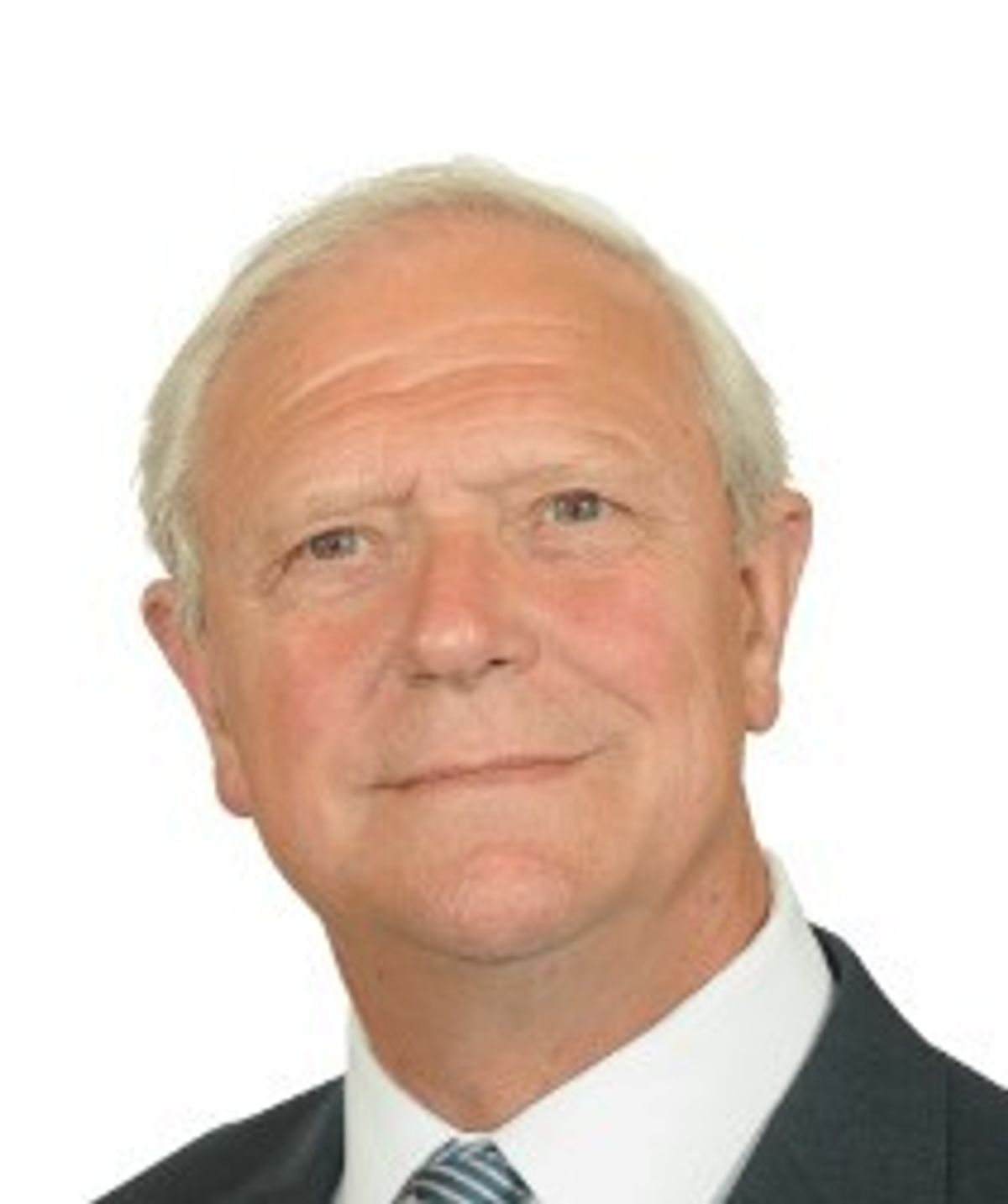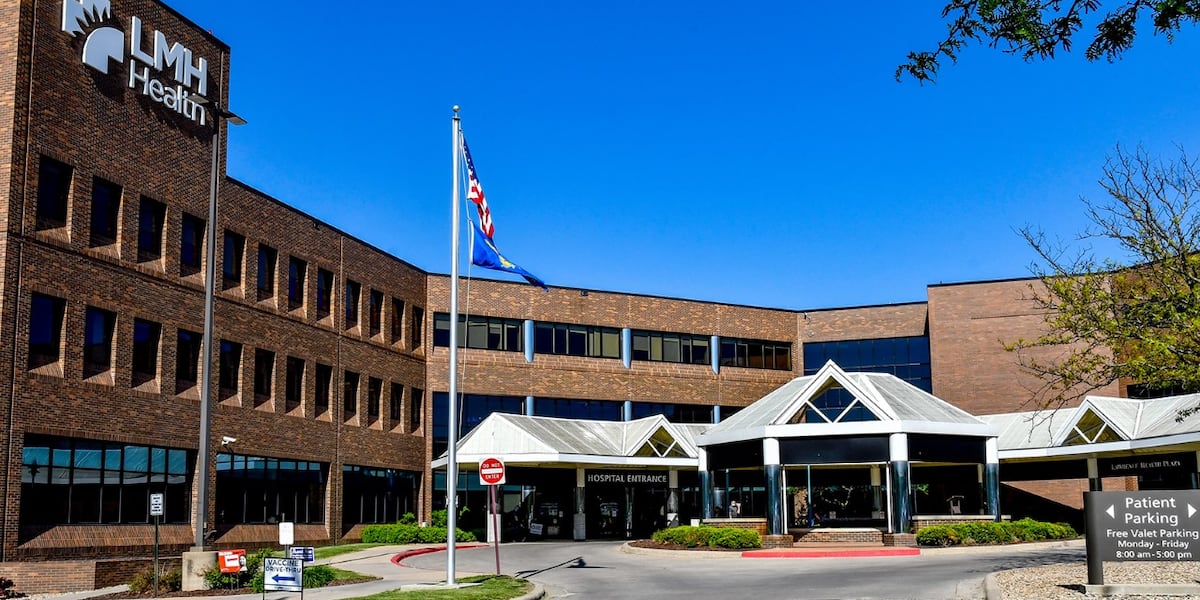Dudley Residents Face Alarming Mental Health Diagnosis Delays: Councillor Calls for Urgent Action

A Dudley councillor is raising serious concerns about the lengthy wait times for mental health diagnoses in the region, claiming patients are effectively being “abandoned” by the system. The alarming revelation came after hearing that individuals are facing an average wait of over four and a half years to receive a formal diagnosis – a timeframe that is simply unacceptable and has devastating consequences for those struggling with mental health challenges.
The councillor, who wishes to remain anonymous, spoke out following discussions about the local mental health services and the escalating demand for support. The extended wait times are placing immense pressure on individuals, their families, and the already stretched resources of local healthcare providers. The delay in diagnosis often leads to a worsening of conditions, increased suffering, and a higher risk of crisis situations.
“It’s heartbreaking to hear stories of people suffering in silence for years, unsure of what they’re going through and without the support they desperately need,” the councillor stated. “Four and a half years is an eternity when you’re dealing with a mental health condition. It’s not just a delay; it's a form of abandonment. We are failing our residents.”
The Impact of Prolonged Wait Times
The consequences of such lengthy delays are far-reaching. Without a timely diagnosis, individuals may miss out on crucial early interventions and treatments that could significantly improve their outcomes. The prolonged uncertainty can exacerbate anxiety and depression, leading to social isolation, job loss, and relationship breakdowns. Furthermore, it places an increased burden on emergency services and other support systems as individuals reach crisis point.
Calls for Urgent Reform
The councillor is urging local authorities and healthcare providers to take immediate action to address the crisis. They are calling for a comprehensive review of the mental health diagnostic process, with a focus on streamlining referrals, increasing the number of qualified professionals, and investing in alternative diagnostic pathways. Early intervention programs and preventative measures should also be prioritized to reduce the demand for diagnostic services in the long term.
“We need to treat mental health with the same urgency and seriousness as physical health,” the councillor emphasized. “This isn't just about numbers; it’s about people’s lives. We have a moral obligation to ensure that everyone in Dudley has access to timely and effective mental health support.”
What Can Be Done?
- Increased Funding: Advocate for increased funding for mental health services at the local and regional level.
- Streamlined Referrals: Simplify the referral process to reduce administrative bottlenecks.
- Workforce Expansion: Recruit and retain more mental health professionals, including psychiatrists, psychologists, and therapists.
- Early Intervention Programs: Invest in programs that promote mental wellbeing and prevent mental health problems from developing.
- Public Awareness Campaigns: Raise awareness about mental health issues and reduce stigma to encourage people to seek help.
The situation in Dudley highlights a wider national issue regarding mental health service provision. Addressing these delays is crucial not only for the wellbeing of individuals but also for the overall health and prosperity of the community.





